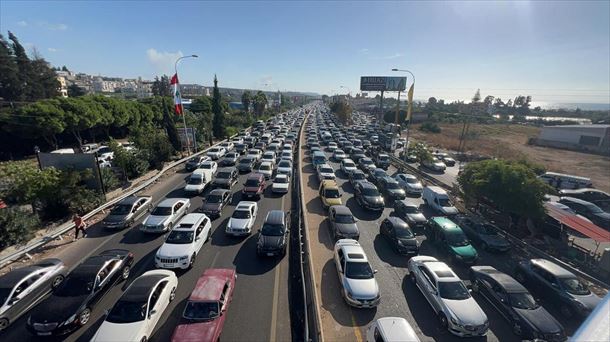Women across Ukraine face the threat of rape as a weapon of war as evidence of sexual violence emerges in areas that have retreated from Russian forces.
The world was shocked by a photo taken this week by photographer Mikhail Palinchak on a road 20 kilometers from the Ukrainian capital, Kiev. The bodies of a man and several women were stacked under a blanket. According to the photographer, the women were naked and their bodies were partially burnt.
The grim picture is compounded by growing evidence of summary executions, rapes and torture suffered by civilians in Russian-controlled areas since the Kremlin decided to invade Ukraine on 24 February.
Human Rights Watch, a non-governmental organization, has also collected reports of violence, including rape, against civilians by Russian troops. In a summary published this week, he cites the testimony of a woman who said she had been “repeatedly raped by a Russian soldier at a school in Kharkov district where she and her family had taken refuge on March 13” and that the soldier had been “beaten, stabbed in the face, neck and hair.” According to the human rights organization, the woman showed photos of the injuries to Human Rights Watch before receiving medical treatment.
It is especially difficult to estimate the scale of sexual violence. After the invading troops withdrew from the cities on the outskirts of the capital to focus their hostilities on eastern Ukraine, women and girls turned to police, media and advocacy organizations. The hands of Russian soldiers. Among the horrific testimonies collected by investigators are sexual assault with gun threats, mass rape and rape committed in front of children.
“We received several calls through our ambulance line from women and girls asking for help, but in most cases it was impossible to help them physically, we could not reach them because of the fighting,” said Katerina Cherepakha, the president. La Strada Ukraine, a humanitarian organization that supports victims of trafficking, domestic violence and sexual violence. “Rape is an inadequate and stigmatized crime, even in peacetime. I’m concerned that what we know is just the tip of the iceberg,” he said.
Rape and sexual violence are considered war crimes and contrary to international humanitarian law. Both the Prosecutor General of Ukraine and the International Criminal Court have announced that they will launch an investigation into allegations of sexual violence. But the remote possibility of justice does not serve the fear of Ukrainian women about what might happen in a war that is still far from over.
Search for contraceptives between explosions
Antonina Medvedchuk, 31, says that when she heard the sound of bombing on the first day of the war, the first thing she took before leaving for Kiev was a condom and scissors used as a defensive weapon. “Instead of a first aid kit, I resorted to emergency contraception every break between the bombing and the curfew,” she said. “My mother tried to calm me down, ‘This war is not like that, they no longer exist, they are from old movies’ … I have been a feminist for eight years. “I cried silently because all wars are like that.”
Ukrainian women are not the only ones facing the threat of Russian soldiers. In Vinnytsia, a city in western Ukraine, a teacher reported to police that a member of the Territorial Defense Service dragged him to a school library to rape him. He was then arrested.
Organizations such as La Strada Ukraine and the national network Taller Feminista disseminate information online about medical, legal, and psychological assistance available to victims of sexual violence with local authorities. They are also seeking safe havens for women and girls fleeing war and domestic violence.
The fear is that the trauma caused by the use of rape as a weapon will cause deep suffering in Ukrainian society in the coming years.
“When a woman walks in, she seems safe, she is far from a gun and the man who raped her,” said Sasha Kanzer, head of the foreign affairs department of the feminist workshop in Lviv, who has helped hundreds of people. IDP women and girls after the start of the war. But the trauma is the bomb inside him that haunts him. “The magnitude of what is happening now is heartbreaking,” he said.
Translated by Francisco de Zarate
Source: El Diario
I’m Wayne Wickman, a professional journalist and author for Today Times Live. My specialty is covering global news and current events, offering readers a unique perspective on the world’s most pressing issues. I’m passionate about storytelling and helping people stay informed on the goings-on of our planet.



